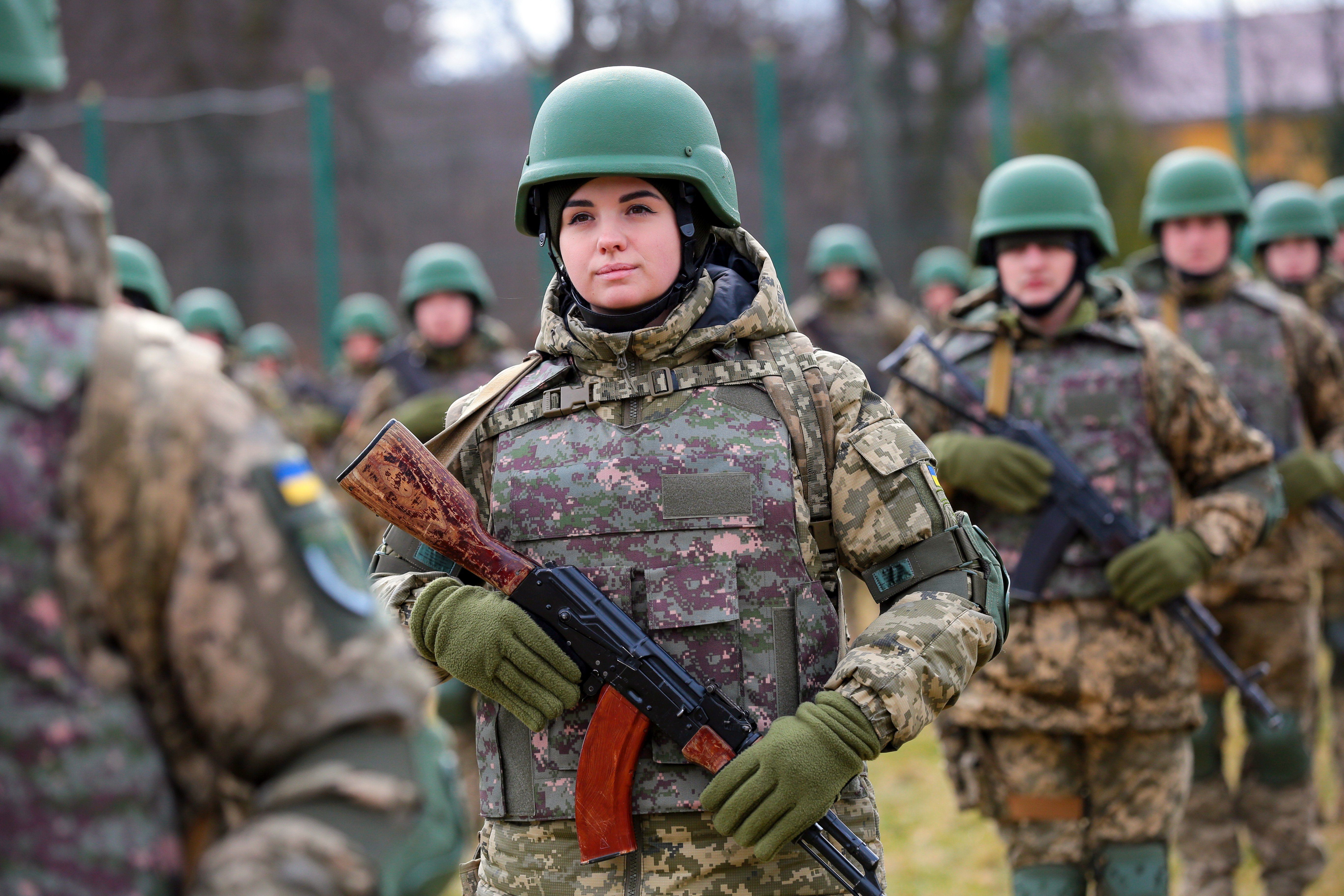50,000: Every day is women’s day in Ukraine’s defense against Russia. As many as 50,000 women are currently serving in the Ukrainian military, more than triple the number when Russia first invaded in 2014.
799,728: After nearly a decade of steady decline, the number of babies born in Japan last year reached a record low of just 799,728 last year, prompting an adviser to PM Fumio Kishida to warn that “if we go on like this, the country will disappear.” Read our recent piece on why Japan is having so few babies, and what the government wants to do about it.
2.9 billion: Finally, a lifeline for Sri Lanka. The island nation, battered by the worst economic crisis in its history, is set to receive a $2.9 billion loan from the IMF later this month. Sri Lanka is already past due in paying China back nearly three times that amount, but Beijing recently agreed to a two-year pause on the payback.
2: Two of the four Americans kidnapped by heavily armed men in a northern Mexico border town have been found dead, and the remaining two have been rescued and returned to the US. The abduction may have been a case of mistaken identity: The gunmen reportedly mistook the travelers for Haitian drug smugglers, when they were really part of a group of friends who traveled to the town of Matamoros for affordable cosmetic surgery.
